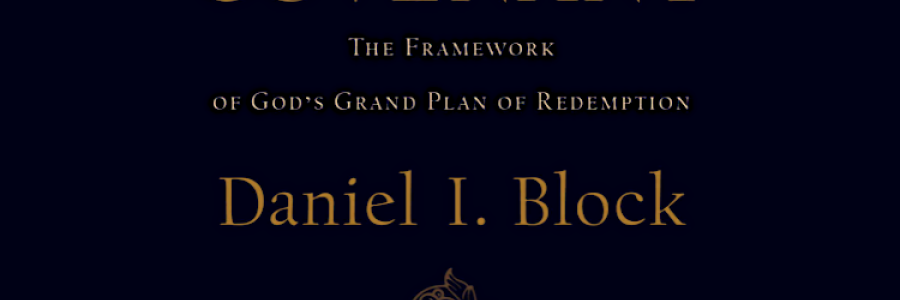Deciphering Covenant Theology (Part 2)
Read the series.
I am still writing some introductory remarks about Covenant Theology. I still think that we need to say something more about how to orient oneself to CT thinking. If I just move to outline the three basic covenants of CT I will obscure an important truth that should be out in the open right at the start. That important truth is this: Covenant theologians do not begin their thinking with the OT. They do not start at Genesis 1. They start at the death and resurrection of Jesus.
Discussion
Deciphering Covenant Theology (Part 1)
This series is bound to annoy covenant theologians who stop by to read it. To them I want to say that my purpose here is certainly not to irritate anyone. If a CT has any problem with what is asserted in these posts he is very welcome to challenge it (giving proof where necessary).
For those readers who want a quick historical intro to CT perhaps my “A Very Brief History of Covenant Theology” will help.
Discussion
Review: Covenantal and Dispensational Theologies: Four Views on the Continuity of Scripture
Body
Covenant Theology by Michael Horton, Progressive Covenantalism by Stephen Wellum, Progressive Dispensationalism by Darrell Bock, Traditional Dispensationalism by Mark Snoeberger - P&D
Discussion
Covenantal and Dispensational Theologies: Four Views on the Continuity of Scripture
Body
“I just read this debate-book, and it’s as good as I had hoped. I plan to require it in my systematic theology course on the church and the end times.” - Andy Naselli
Discussion
Review of ‘Covenant’ by Daniel I. Block (Part 3)
Read the series.
The “Law” was not Law even though it was Commanded
As we move on from Block’s discussion of what he calls “the Cosmic covenant” (i.e. Noahic) the “Adamic covenant” (?), and the “Israelite covenant” (i.e. the Abrahamic and the Mosaic together!) we next encounter the “New Israelite covenant” (275ff.). For reasons I shall attempt to explain this is what most call “the New covenant.”
Discussion
Review of ‘Covenant’ by Daniel I. Block (Part 2)
Read Part 1.
Block’s Definition of Covenant
Daniel Block’s Covenant: The Framework of God’s Grand Plan of Redemption is a big book around 700 pages long. It is very noteworthy when a prominent OT scholar takes up the challenge to write a book on the biblical covenants, and I am grateful to have such a work to study and repair to.
Discussion
Review of ‘Covenant’ by Daniel I. Block (Part 1)
A Review of Daniel I. Block, Covenant: The Framework of God’s Grand Plan of Redemption, Grand Rapids: Baker, 2021, 704 pages, hdbk.
Daniel Block has been a major evangelical OT scholar for many years, contributing commentaries on Ezekiel, Deuteronomy, and Judges/Ruth, and many articles. He is known for his incisive and creative scholarship. Therefore, this contribution to the study of covenants in the Bible is most welcome.
Discussion
A Covenant in the Garden?
Body
“Consider two points drawn from Strong’s treatment of the matter. First, Strong points out that though the word covenant does not appear in Genesis 2, the necessary elements of a covenant are clearly there. These necessary elements are the ideas of stipulation and reward.” - Ref21



Discussion